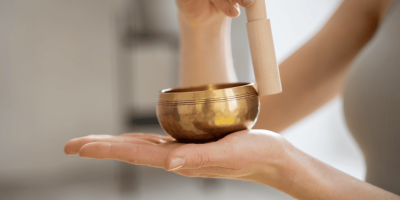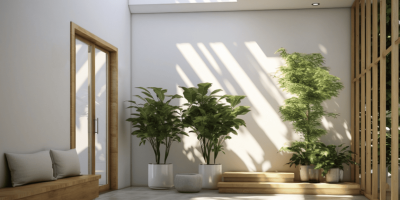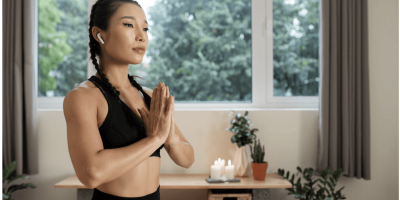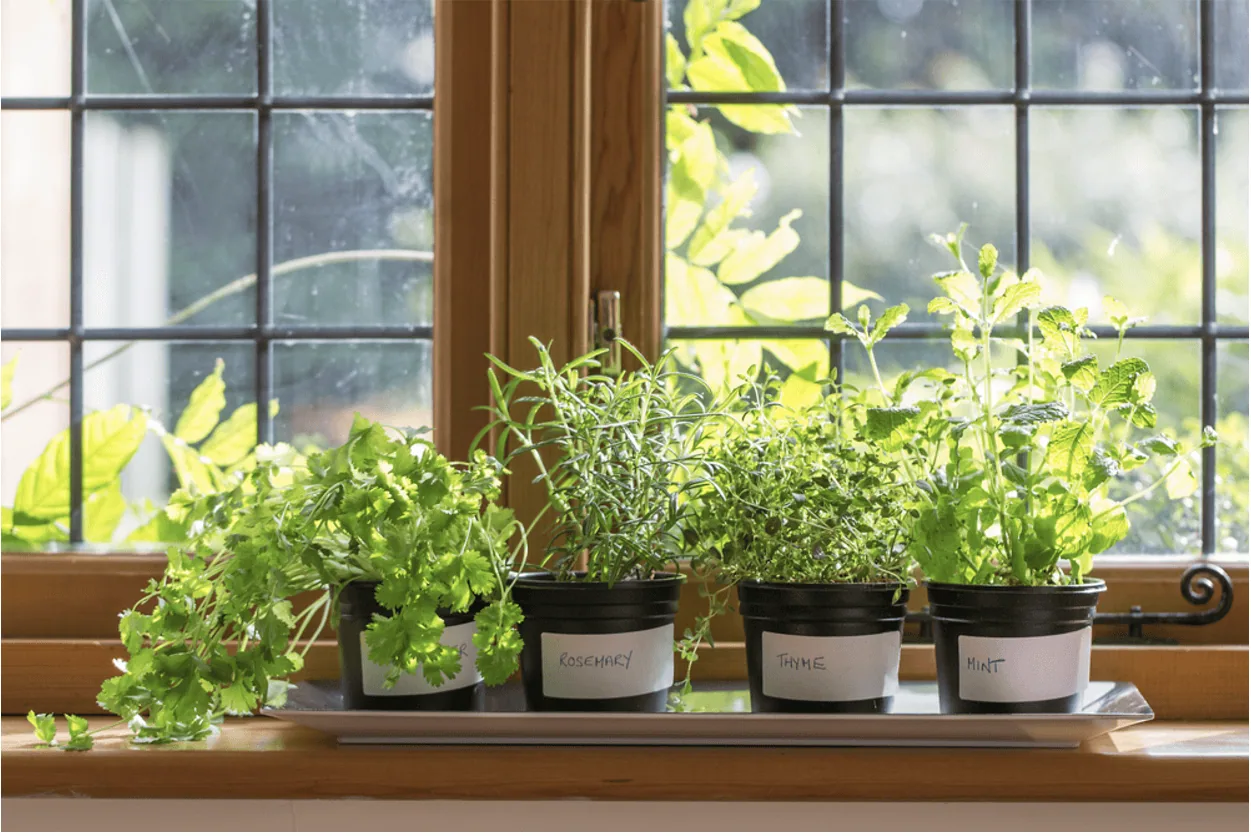
- Strat your sustainable garden now with these easy tips!
Growing your own food is a rewarding way to eat healthier, support sustainability, and connect with nature. Start small, use organic methods, and enjoy the fresh, flavorful produce.
Have you ever considered what it would be like to grow your own food?
Maybe you’ve pictured stepping outside and picking fresh okra or snipping some basil right from your backyard or even your balcony. It sounds amazing, but where do you even start? That’s exactly what I wondered before I got into home gardening, and let me tell you, it’s been one of the best adventures I’ve ever tried.
The Magic of the First Seed
Starting a garden is like starting a new chapter in your life. At first, I wasn’t sure I could do it. What if the plants didn’t grow? What if I messed up? But then, I realised that gardening is about discovery and having fun. When I planted my first seed, I didn’t know what to expect, but there was excitement in the unknown.
I remember the moment that tiny green sprout pushed through the soil for the first time. It felt like magic, like I had done something amazing. And from that point on, I was hooked.
There are so many benefits to home gardening. It’s healthier because you know exactly what’s going into your food. It’s sustainable, helping the environment and cutting down on waste. And let’s be real, it’s pretty cool to eat something you’ve grown yourself.
Small Pots, Big Dreams
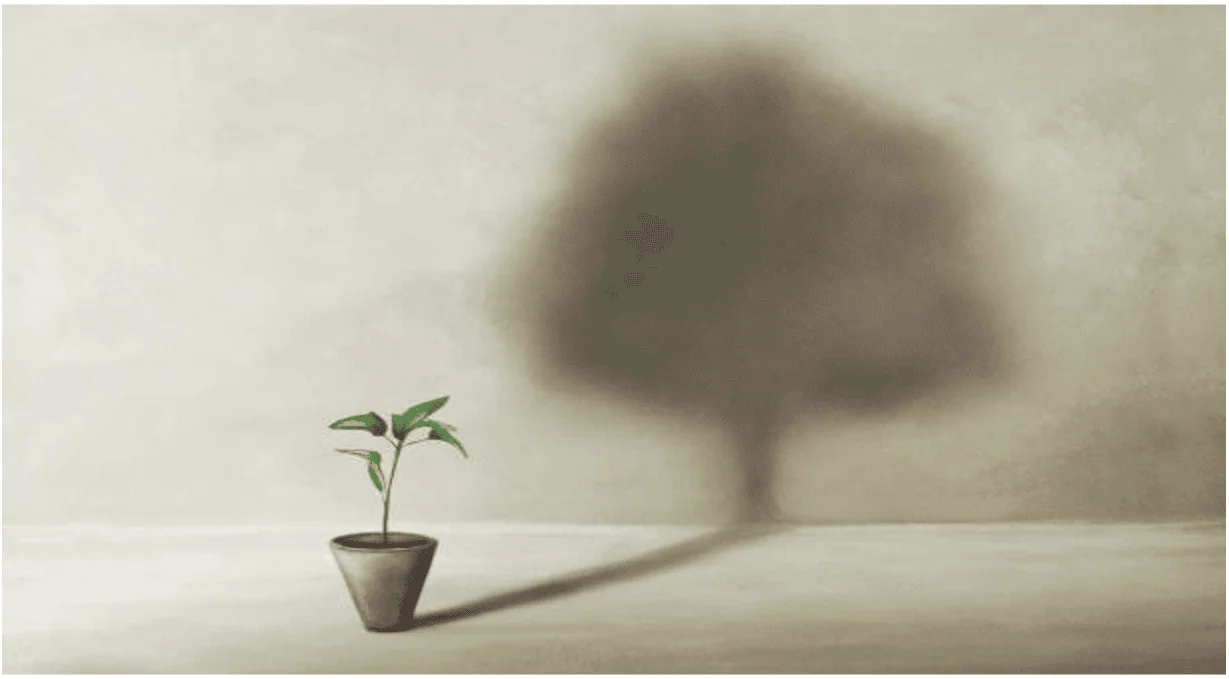
When I first started, I had little space, just a few pots in my kitchen. But you don’t need a huge garden to grow something wonderful. Starting small is key, and it makes things a lot less overwhelming. Herbs, for example, are perfect for beginners. Basil, mint, and rosemary all grow really well in pots, and you can use them in your cooking right away.
The best part? It doesn’t feel like a chore. You can start with something as simple as a sunny windowsill and a few seeds, and every day is a small adventure. You’ll find yourself excited to see how much your plants have grown each morning, like you’re checking in on an experiment that’s always changing.
I used to think, “What if I forget to water them? What if they don’t survive?” But once you see those first green leaves, all those worries melt away, and you start to trust yourself more. Gardening teaches you patience, and soon enough, you’ll start noticing how nature does most of the work for you.
Sustainable Tip: Save water by using a self-watering pot or placing a tray beneath your pots to catch excess water that you can reuse. Also, consider using rainwater if you have the means.
Witnessing Growth and Abundance
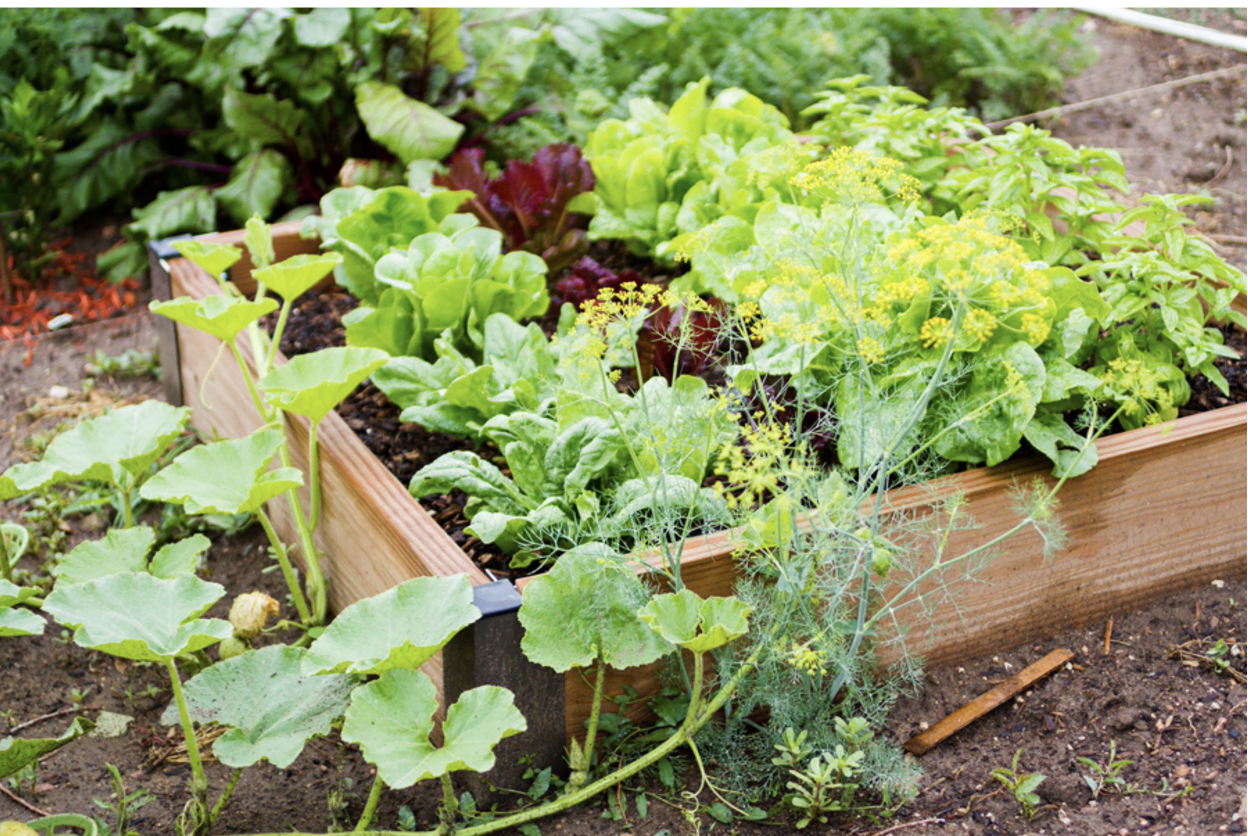
Once I felt more confident, I started thinking, “What if I could grow more?” So, I moved from my little pots to bigger spaces. I cleared out a patch in the yard and built some raised beds. Suddenly, I was growing some lettuce, mint and even. The more I grew, the more fun it became. Each new plant felt like a fresh adventure.
Sustainable Tip: Build raised garden beds from reclaimed wood or other recycled materials. They improve soil drainage and make gardening more accessible. Mulch can help retain moisture and reduce the need for frequent watering.
As my garden expanded, so did my understanding. I learned how plants work together and what they need to thrive, and I even started trying different techniques, like composting. It felt good to grow something larger than myself—and even better knowing that every little bit helped reduce my carbon footprint.
Sustainable Tip: Use natural pest control methods like planting companion plants that repel insects or attract beneficial bugs like ladybugs. Avoid chemical pesticides that can harm the environment.
The best part about gardening is that it grows with you. You can start small, like I did, and take your time learning. Then, when you’re ready, you can expand and try new things. The process itself becomes exciting, and before you know it, you’re planning what to plant next.
The Sweet Taste of Success
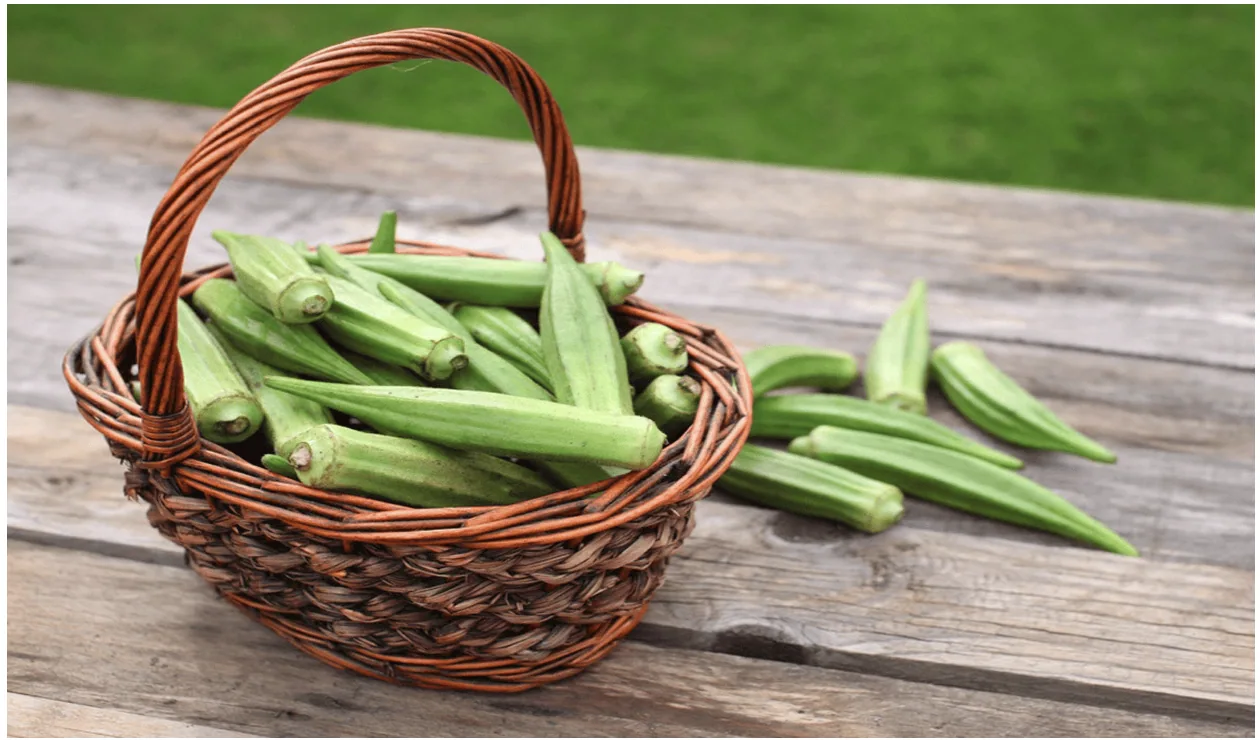
There’s nothing quite like eating food you grew yourself. The first time I picked a ripe ladyfinger from my garden, it was unforgettable. Its crisp texture and fresh flavour were sweeter and more vibrant than anything from the store, a true delight of homegrown goodness. And the satisfaction of knowing that I had grown it? There’s no feeling like it.
Gardening connects you with nature, giving you a sense of calm and purpose. It makes you more mindful about what you eat, where your food comes from, and the impact you’re making on the world.
Sustainable Tip: Save seeds from your best plants for next season. It’s a great way to ensure you have high-quality seeds and reduces the need to buy new ones repeatedly.
Nurture, Watch, Bloom
If you’re thinking about starting your own garden, my advice is simple: just go for it. You don’t need to have everything perfect from the start. You’ll make mistakes, and that’s part of the process. Each mistake helps you learn and grow. Gardening teaches patience, as plants need time, care, and attention, much like nurturing a baby.
Each plant will sprout in its own time, so don’t compare or get frustrated. Watching them grow, one by one, brings so much joy and a sense of accomplishment.
Even if you don’t think you’re naturally good at gardening, you can train yourself along the way. Start small, be patient, and enjoy the journey. The care and love you put in will reward you with both growth and satisfaction.
